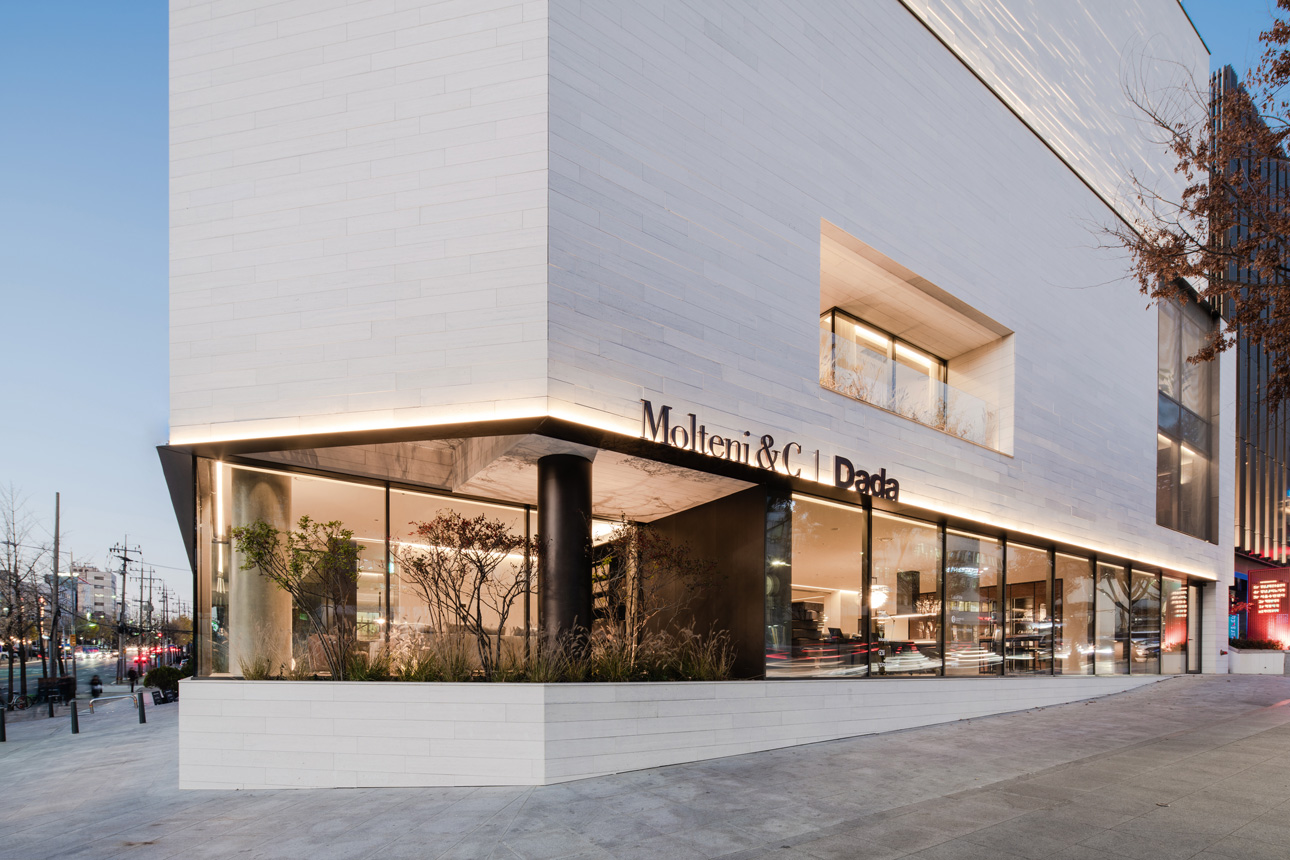Search for articles, topics or more
browse by topics

Search for articles, topics or more

Tim Franco is a French-Polish photographer who works in China and South Korea. Born in Paris, he moved to China in 2005 and began documenting the rapid urbanisation of the country’s landscape and the mass migration from rural areas. In 2019 he photographed the new Molteni&C/DadaFlagship Store in Seoul, South Korea.
PC What first brought you to China?
TF I was young and wanted to leave Europe and have an adventure. At that time, China was still pretty much unknown. I arrived thinking I was going to stay for six months and ended up staying for 11 years. Eventually, I began a project with the French architecture critic Frédéric Edelman, producing a book about the state of architecture and urbanism in modern China.
PC What was contemporary architecture in China like at that time?
TF I wanted to start a new personal project, but Beijing and Shanghai felt like they had already been heavily documented. Instead, I looked to the secondary cities, places like Wuhan and Chongqing. When I arrived in Chongqing, I remember thinking, “This is going to be my place.” It felt like it was built just for me – there was everything I love about cities in one place. It’s not like New York where you only have tall buildings – Chongqing has those too, but they’re set next to mountains and rivers. The city exists on many different heights.
PC What was driving rapid expansion of Chongqing?
TF Firstly, the city was designated as one of the nation’s four National Central Cities, alongside Shanghai, Beijing and Tianjin, and was charged with leading the economic and cultural growth of the Western and Central regions. Secondly, the Three Gorges Dam mega- project on the Yangzte River began work and, in around 2007, engineers flooded large areas east of the city. That water now covers over 600sq km of land. A million people had to be relocated, with most coming to Chongqing. So Metamorpolis is about architecture, but also about the people of the city, in particular those coming from the rural areas to start a new way of life.



PC How did the project evolve?
TF I visited the city for two or three weeks at a time, and to begin with I just went exploring. So many older parts of the city were being knocked down and I felt a strong need to document them before they disappeared forever. But because I shot the project over five years, I got to see how the city was growing up. I’d photograph one area and then go back a few months later and it would be completely different.
PC What did the people of Chongqing think about their changing city?
TF In China it’s common to only talk about the present. History has less value sometimes, so many people couldn’t understand why I was photographing some of these old buildings. The fast growth of the city meanwhile had created a big economic, social and cultural gap between the generations. Many of the older people had been farmers on the land and found it harder to adapt to their new surroundings, while the younger generations were much happier to escape the rural life. Working hard and getting married was no longer a priority.
PC You live in Seoul now – what is your next project?
TF My close engagement with the people of Chongqing during Metamorpolis perhaps marked a shift in my photography, moving away from architecture and towards portraiture. This year I’m publishing my next project, Unperson, a series of portraits of North Korean defectors that tells the stories of their attempts at integration into life in South Korea. I employed a customised analogue process using old photographic equipment to create images that are marked with imperfections and scratches, echoing the haunting journeys each person has gone through to start a new life in the South.

Mario Carrieri published his Milano, Italia (1959) photo book, a cinematic portrayal of Milan from its barren suburbs to the dark glamour of the city centre, when he was only 27 years old.
Italian artist Roberto Ruspoli has interpreted the spirit of Molteni&C’s 2023 collection
Thanks for your registration.